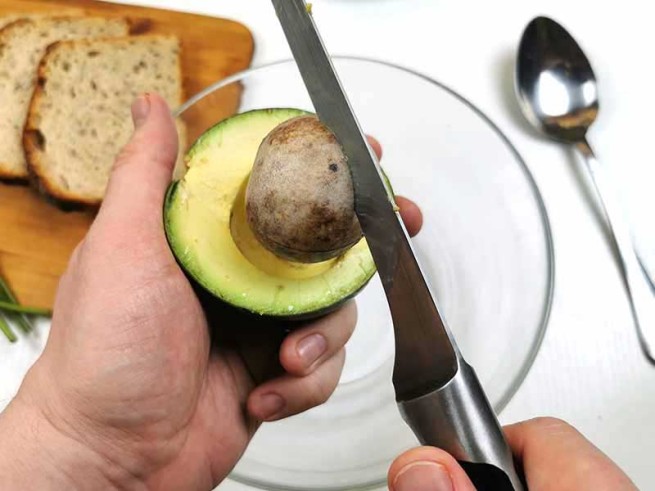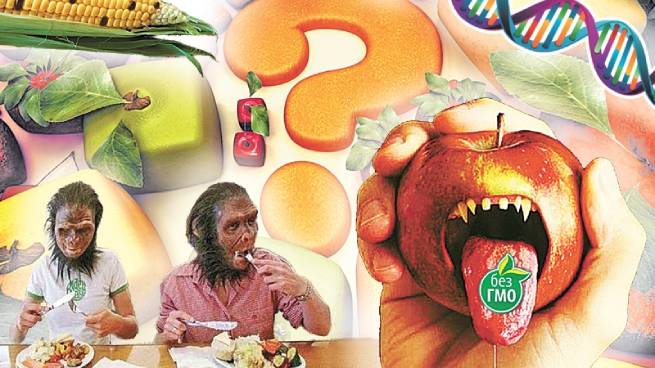Brussels is finalizing a law to legalize new gene-editing technologies for crops in the European Union.
The European Commission is expected to present today (5/7) specific proposals that would loosen restrictions on genetically modified crops so that some of them would “fall under the law” on food products.
Strictly restrictive regulations EU on genetically modified organisms (GMOs), which precedes new technologies, sets extremely high barriers to growing genetically modified crops and allows EU countries to ban them even after they have been proven safe.
The new law aims to reduce red tape and facilitating access to the market for crops grown using “new genomic technologies” (NGT)such as CRISPR-Cas9. The rules are being pushed by multinational corporations, which together control the lion’s share of the plant breeding sector, as well as a number of small companies, scientists and farming groups.
Experts claim that The EU risks falling behind the rest of the world in using new crops with specific characteristics that could make them more nutritious, efficient and better adapted to a changing climate..
Proponents of the technology cite climate change, among other things. The drought is said to have hit crops in Europe last year, from olives in Spain to corn and sunflower crops in Hungary, and milk production in France.
They are opposed by “green” legislators, environmental organizations, small farmers and organic producers, as well as more than 400,000 EU citizens who have signed a petition against the deregulation of “new GMOs”.
These bands say the rules further tighten control over small multinational corporations, allowing them to apply for patents on crops that could be obtained through traditional breeding methodswhile threatening non-GMO and organic production.
They also argue that since the “new genomic methods” have only been around for a decade, questions remain about their safety.
According to leaked data, EU countries will no longer be able to ban the cultivation of NGT.
The law further simplifies the rules for the subset of NGT crops that are considered equivalent to crops produced by traditional breeding methods.
The obligation to label food as “GMO” will no longer apply to these “common” plants, and they will not be subject to risk assessment by food safety regulators.
Previous bill included a provision that herbicide-resistant crops would continue to be subject to more stringent regulations. However, this distinction is no longer made in the new draft. The European Commission is presenting its bill on GMO crops as part of the latest package of measures under its Green Deal program for the environment and sustainable development. The provisions of the law will regulate the “health” (state) of the soil, the handling of food and textile waste, as well as the quality of seeds, and other plant and forest reproductive raw materials.







More Stories
Financial Times: Russia is actively preparing sabotage in Europe
Shock: Drag queen will carry the Olympic flame in Paris
Greece consistently ranks last in the EU for media freedom